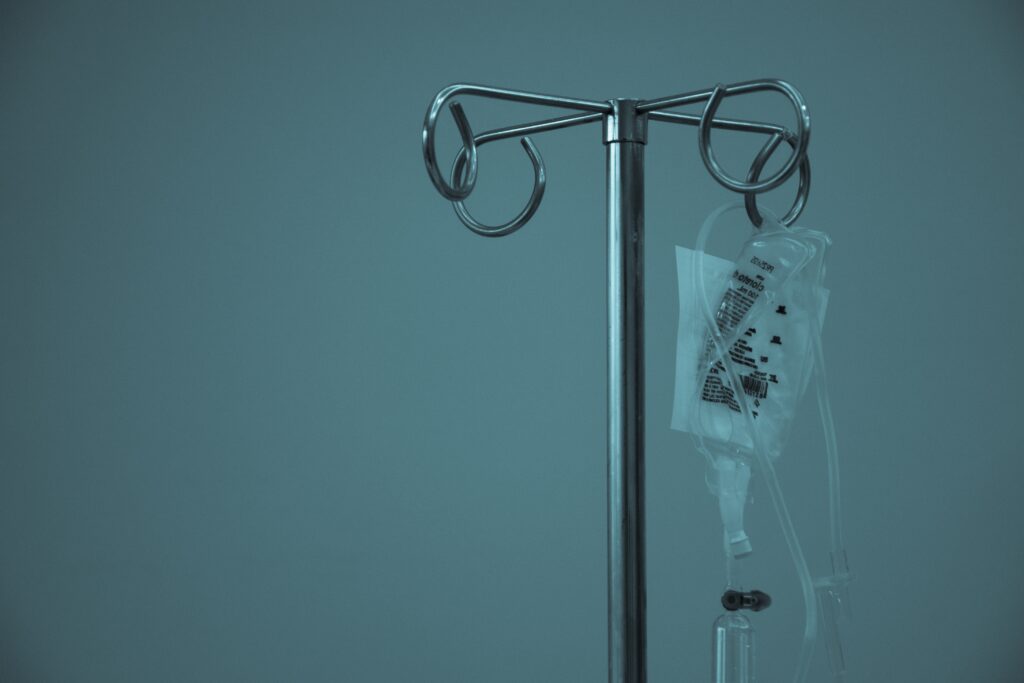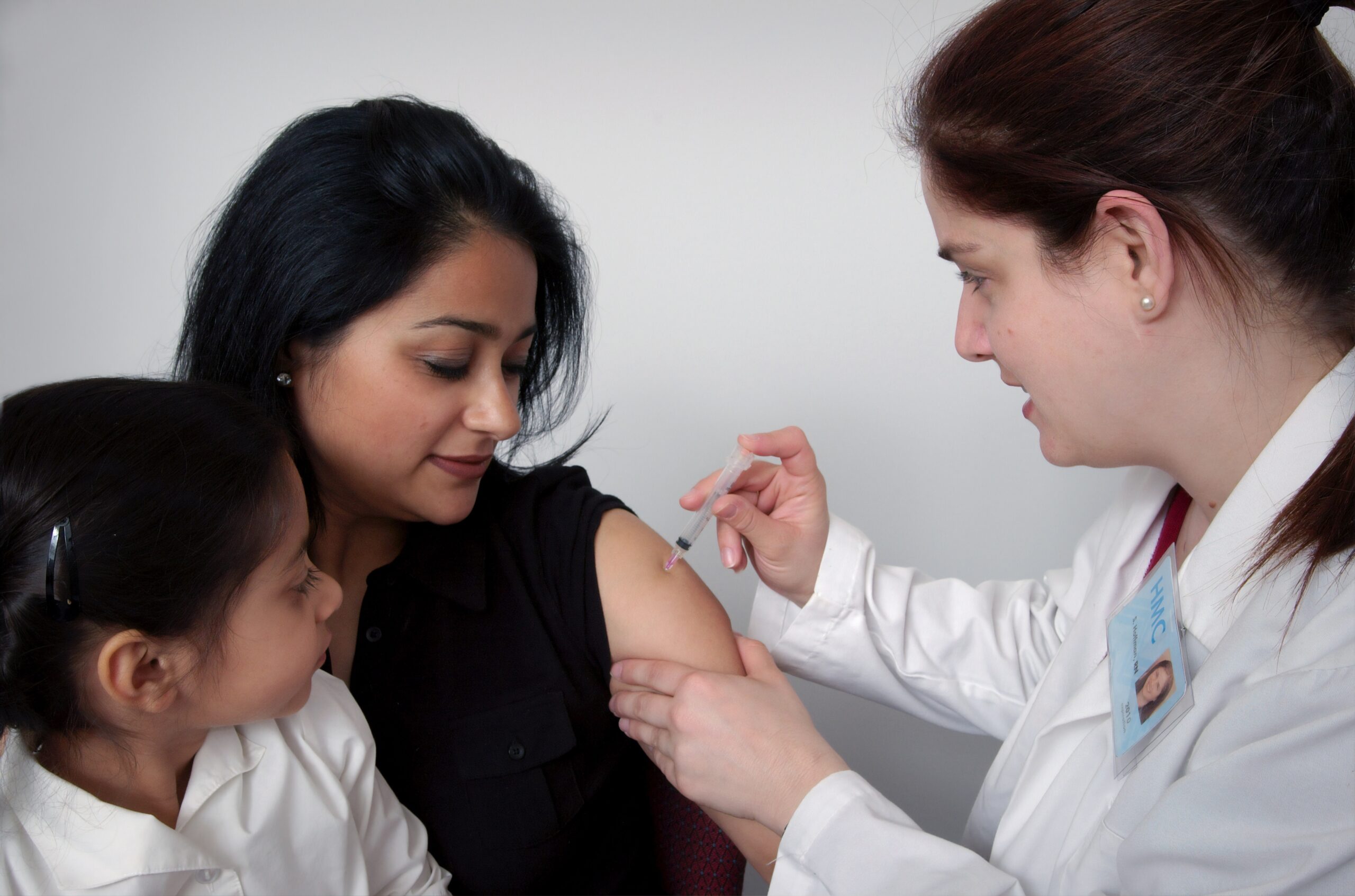Becoming an egg donor is a significant choice and requires careful consideration before you decide to move forward. You may not realize it, but there is more than just a physical cost to egg donation.
Don’t underestimate the emotional energy required to go through the process, and to recover afterward. The challenging emotions are also balanced by how rewarding it can be to help someone else conceive.
Over two-thirds of women who donate eggs report satisfaction with the experience. Whether you’re pursuing egg donation to help other people create a family or for the financial compensation, you need to be prepared for the process.
Let’s go over three basic tips for first-time egg donors.
1. Get tested and educate yourself.
Not just anyone can become an egg donor, your health is an important factor in determining whether or not you qualify. Before you donate any eggs, there’s an involved screening process that takes place.
Fertility clinics like Pacific Fertility Center Los Angeles (PFCLA) that specialize in egg donation Los Angeles can help answer any questions you might have in advance. Typically, you submit an application, which is accepted or rejected. Then prospective parents select you, you receive a medical screening, and you begin to handle all of the legal aspects related to the procedure.
Finally, the injections to prepare you will begin and your retrieval will be scheduled. Your blood levels will be taken and you’ll need an ultrasound. If any of these things sound unwelcome, egg donation may not be right for you. It’s crucial to understand what will be asked of you before you begin.

2. Understand the risks and benefits.
One of the most common motivations for donors is to help others, which means that, for many, egg donation is an emotionally rewarding experience.
Egg donors are usually well-compensated for their services, so there is a financial benefit. It’s okay to consider that as a positive as well; many people first become a donor for compensation, and end up continuing to do so because of how much helping other couples conceive means to them.
That said, there are still risks and downsides as well. Do your research and read the experiences of other donors so you can get a sense of what you’ll be dealing with physically and psychologically.

3. Don’t be scared to ask for support.
Take care of yourself, but don’t be afraid to ask for help from others. Tell a close friend or family member about your decision to become an egg donor and share your experience with them. If you want to look for a professional to talk to, you can find a therapist in person or online.
Services like WithTherapy can make it easier by helping to match you with a therapist online. You can look at WithTherapy’s blog to learn more about their services and find mental health resources. The important thing is that if you find yourself emotionally overwhelmed or struggling, you have a support system around to help.
Egg donation is an emotional topic for everyone involved and if it’s your first time as a donor, it’s easy to be overwhelmed. While the rewards for egg donors can be substantial, both emotionally and financially, the risks and challenges should be taken into account before any decision is made.
If you’ve researched what will be required from you medically and wish to proceed, there are resources available to you both online and off to help you have a positive experience with your egg retrieval procedure. Don’t forget to take care of yourself and always ask for help if you need it.
If you have additional questions about egg donation, you can contact Pacific Fertility Center Los Angeles at 10921 Wilshire Blvd Ste 700, Los Angeles, CA 90024. Phone: (310) 209-7700





 Em Português
Em Português En Español
En Español